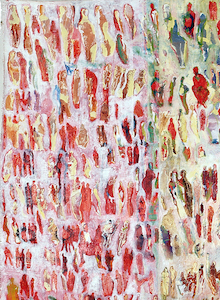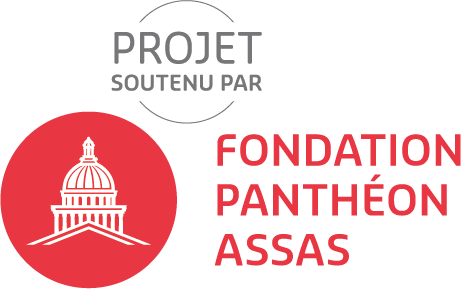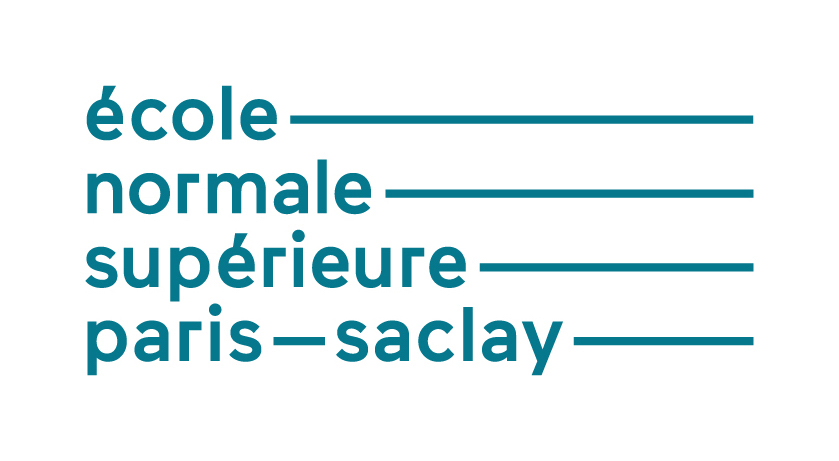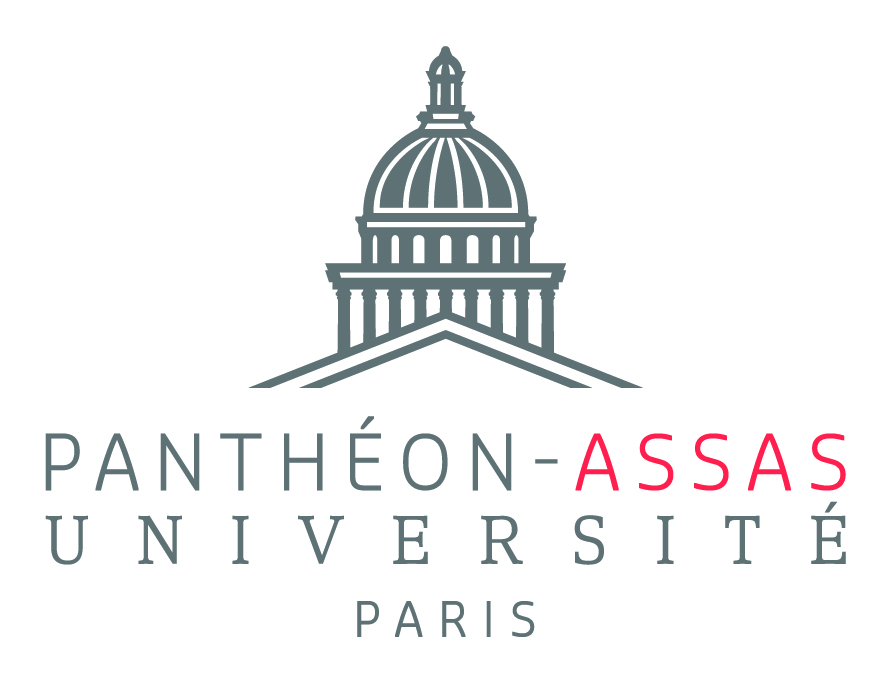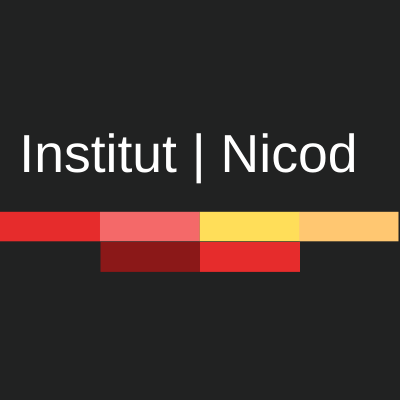Half a Century of "Agreeing to Disagree"
Half a century after its publication, Robert Aumann's Agreement Theorem
("Agreeing to Disagree", The Annals of Statistics, 1976)
has not ceased to intrigue and inspire.
The Agreement Theorem states that if two individuals assign the same prior probability
over the set of possible states of the world and if — thanks to the common knowledge
of their information partitions — the posterior probabilities they attribute to an event
are common knowledge, then these posterior probabilities must be identical.
Aumann's result builds on a conceptual innovation that is as powerful as elegant:
identifying what is commonly known between the participants of an exchange with the
meet — the finest common coarsening — of the information partitions.
The agreement result and the formal language of modeling knowledge and beliefs introduced by Aumann have generated research in multiple directions:
- dynamic foundations in the form of Bayesian dialogues and applications of these to betting and trading scenarios (Bacharach 1979, Geanakoplos and Polemarchakis 1982, Milgrom and Stokey 1982, Sebenius and Geanakoplos 1983),
- generalizations of the result moving from partitions to σ-algebras and from knowledge of an event to knowledge of random variables (for instance, Nielsen 1984)
- notions of "almost" common knowledge (Halpern 1986, Rubinstein 1989, Halpern and Moses 1990, Fagin et al. 1995) and approximate common knowledge in the form of common belief (Geanakoplos 1994, Morris 1999, Monderer and Samet 1989),
- relaxations of the common prior hypothesis (Di Tillio, Lehrer, and Samet 2022, Gizatulina and Hellman 2019, Hellman and Pintér 2022).
With this workshop, we honor the fiftieth anniversary of the publication of
"Agreeing to Disagree."
Call for Contributions
We invite contributions on:
- any of the research programs mentioned above,
- critical methodological or historical assessments of the concept of common knowledge or models of interactive knowledge or belief revision, notably in relation to similar accounts in philosophy and linguistics,
- extensions of the agreement result in new directions such as ambiguity or novel notions of almost or approximate common knowledge,
- presentations of the agreement result and its applications for larger interdisciplinary audiences,
- new applications to problems in economics, computer science, psychology, philosophy, linguistics, and literature studies.
If you would like to give a talk at this event, please send a proposal (extended abstract or working paper) to:
christina.pawlowitsch@assas-universite.fr
by January 30, 2026.
Proposals are accepted on a rolling basis between now and January 30, 2026.
Program Committee:
Galit Ashkenazi-Golan *
Dietmar Berwanger * Antoine Billot *
Olivier Bos *
Paul Égré *
Michael Greinecker *
Ziv Hellman *
Roni Katzir *
Christina Pawlowitsch *
Herakles Polemarchakis *
Jörgen Weibull *
|
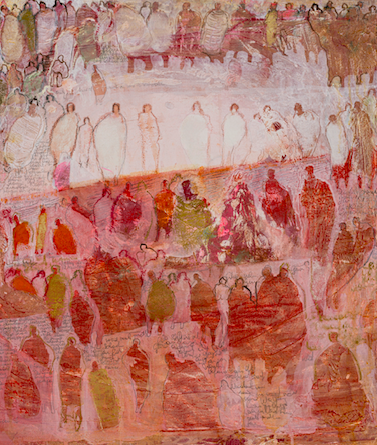
Image: © Sylvia K. Kummer, "les blancs au milieu," 2016
Opening day
June 11
with the partitipation of
Robert J. Aumann
With talks by:
Galit Ashkenazi-Golan (London School of Economics, Mathematics)
Jean-Pierre Cléro (University of Rouen, Philosophy)
Armando Cote (Centre Primo Levi, psychologue praticien, Paris)
Alma Frischoff (MIT, Linguistics and Philosophy)
Alia Gizatullina (University of St. Gallen, Economics)
Yannai A. Gonczarowski (Harvard University, Economics and Computer Science)
Olga Gorelkina (UM6P, Africa Business School, Moroccan Center for Game Theory)
Olivier Gossner (CNRS, École Polytechnique, and London School of Economics)
Ani Guerdjikova (University of Grenoble Alpes, Economics)
Ziv Hellman(Bar-Ilan University, Economics)
Marilynn Johnson (University of San Diego, Philosophy)
Roni Katzir (Tel Aviv University, Computational Linguistics Lab)
David Lagziel (Ben-Gurion University of the Negev, Economics)
Jérémy Ledent
(University Paris Cité, Institut de Recherche en Informatique Fondamentale)
Yoram Moses (Technion-Israel Institute of Technology, Electrical Engineering)
Aran Nayebi (Carnegie Mellon, Machine Learning and NeuroAgents lab)
Christina Pawlowitsch (Université Paris-Panthéon-Assas, Laboratoire d'Économie Mathématique et de Microéconomie Appliquée)
Steven Pinker (Harvard University, Psychology)
Miklós Pintér
(Corvinus University, Economics)
Herakles Polemarchakis
(University of Warwick, Economics)
Klaus Ritzberger
(University of London, Royal Holloway)
Pierre Tarrès
(NYU Shanghai and Courant Institute of Mathematical Sciences)
Elias Tsakas (Maastricht University, Economics)
Rafael Veiel (University of Texas at Austin, Economics)
Bernhard von Stengel (London School of Economics, Mathematics)
Jörgen Weibull
(Stockholm School of Economics)
Orr Well (University of Tel Aviv, Computational Linguistics Lab)
|

